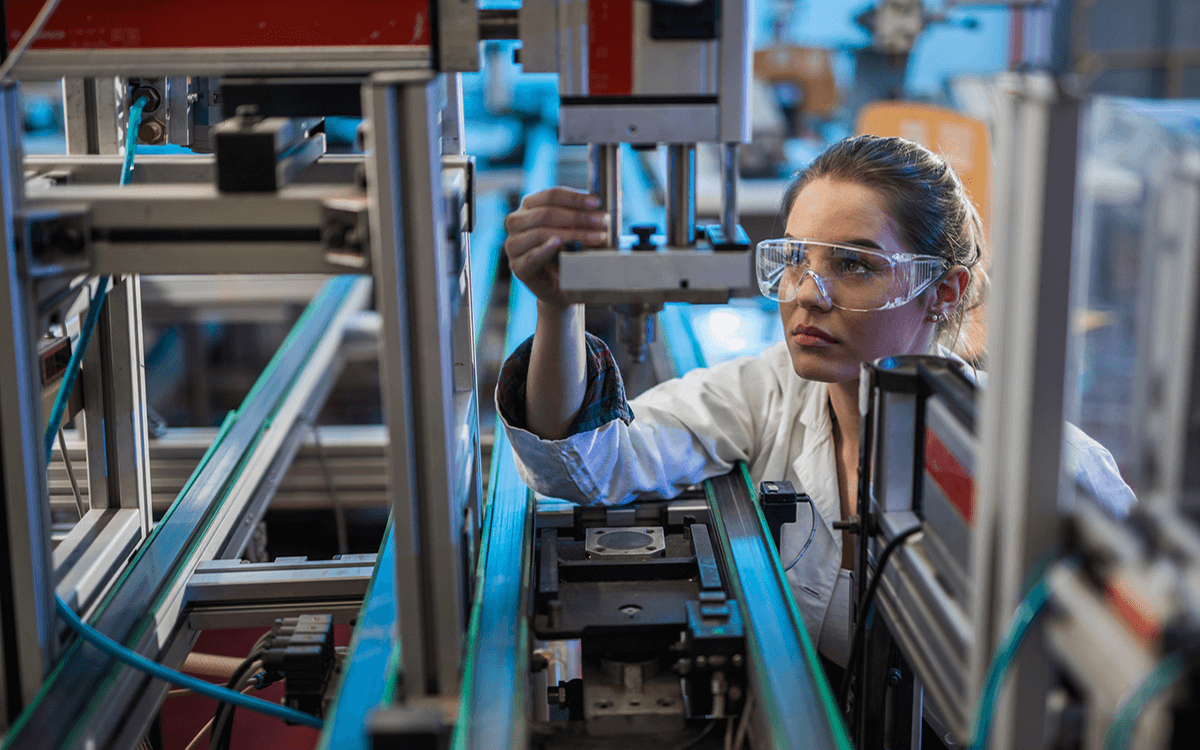Building the workforce to unlock Australia's AU$6 billion quantum future
Fujitsu / October 10, 2024
Australia is poised to become a global leader in quantum computing, with the sector projected to be valued at AU$2.2 billion by 2030, soaring to AU$6 billion by 2045.
A vital aspect of this transformation is developing the workforce that will drive quantum innovation across industries. Without a strong pipeline of skilled professionals, the opportunities presented by quantum computing cannot be fully realised.
Developing quantum talent
Australia is expected to create 8,700 quantum-related jobs by 2030, contributing significantly to the economy. However, these roles will require diverse skills beyond physics and engineering. The quantum sector will demand:
• Data scientists to manage and interpret vast datasets for quantum applications.
• Software developers to design algorithms for quantum systems.
• Cyber security experts to safeguard quantum-based operations.
• Business strategists who can align quantum innovations with commercial goals.
Fujitsu is actively working to build this talent pipeline through targeted educational initiatives. We are collaborating with academic institutions to develop comprehensive training programs, ensuring that students and professionals are equipped with theoretical knowledge and practical skills.
Collaborative investments in education
We understand that preparing for a quantum-enabled economy requires long-term investment in education. That’s why Fujitsu is taking a collaborative approach to workforce development, partnering with universities, research institutions, and government bodies. Some of our initiatives include:
• Scholarship programs: Financial support for students pursuing quantum-related degrees.
• Internships and research opportunities: Real-world experience through hands-on research and industry collaboration.
• Workshops and training sessions: Upskilling current professionals to ensure they remain competitive in an evolving market.
These efforts aim to ensure Australia has a workforce ready to leverage quantum technologies for real-world applications. However, the private sector has limited resources.
There is scope to amplify exiting partnerships with government initiatives, to ensure government is working as a more active investor to help achieve scalability across these areas. In addition to upping their role as co-investors, government can create improved pathways for skilled migrants to more easily enter Australia, fast tracking development and skills transfer.
Australia's ability to lead in quantum technology hinges on having enough skilled workers across all necessary disciplines. And we simply cannot source all these workers domestically in the time required.
The role of policymakers in quantum workforce development
While industry plays a crucial role, policymakers are equally important in shaping the future of quantum education. Integrating quantum computing into STEM (Science, technology, engineering and mathematics) curriculum at all levels will give students a solid foundation.
Universities should also offer specialised programs focusing on quantum algorithms, cryptography, and hardware development. Policymakers can further support this by funding quantum labs and facilities, allowing students to gain practical experience.
Collaboration between academia and industry must be prioritised to ensure educational programs align with market needs. Government must assign funding and make skills development more inclusive. To prepare the next generation for quantum careers, policymakers should support research collaborations, create quantum hubs, expedite visa processing for skilled workers, and promote quantum technology commercialisation.
Fujitsu’s commitment to a quantum-ready workforce
At Fujitsu, we’re committed to playing a leading role in building Australia’s quantum workforce.
Our strategy includes:
• On-site quantum computing: By 2025, we aim to implement a Noisy Intermediate-Scale Quantum (NISQ) computer to provide students and researchers with direct access to cutting-edge technology.
• Quantum simulators: Access to one of the fastest 40-qubit simulators to allow researchers to push the boundaries of quantum innovation.
• University partnerships: We have established long-term collaborations with leading institutions like the Australian National University (ANU) and the University of Sydney (UNSW) to ensure educational initiatives better align with industry needs.
Shaping the future of quantum workforce development
The quantum revolution offers both challenges and opportunities. Politicians, businesses, and educational institutions must work together to ensure that Australia’s workforce is ready to lead in this space. By investing in education and training, we can build a sustainable ecosystem that not only fosters innovation but also drives economic growth.
The next decade will be pivotal in shaping the future of quantum computing in Australia. Focusing on workforce development today ensures that our nation remains at the forefront of this technological revolution.
Find out more about Fujitsu's work in quantum computing:
https://www.fujitsu.com/global/about/research/technology/quantum

Editor's Picks










